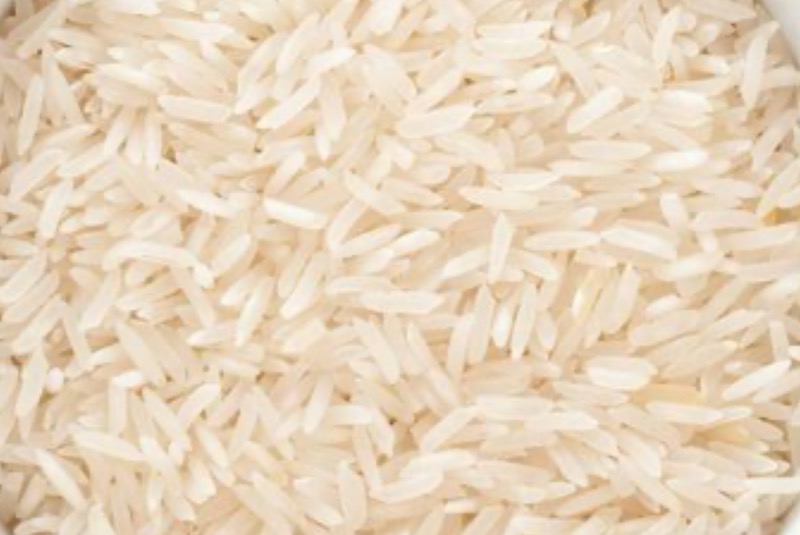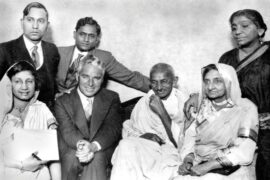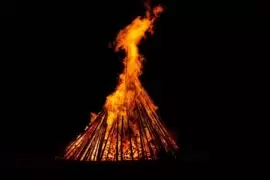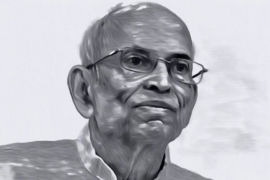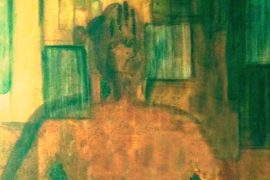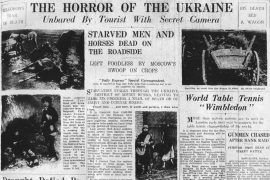Doon Basmati, a variety of aromatic Basmati rice from Dehradun, is not found elsewhere in the world. This rice variety, with its unique flavour, is quickly disappearing due to the loss of irrigation land to urbanisation.
Dehradun’s Basmati rice, a unique culinary luxury, has a fascinating history. It would not exist in India if not for the Afghans of Kunar province who were exiled here during Colonial times.
Dehradun’s connection with Afghanistan is almost forgotten today. The story begins with the last Durrani ruler, Shah Shujah, who was deposed by Mahmud Shah in 1809. Shujah sought refuge under Maharaja Ranjit Singh of Lahore. In return for protection, Shujah presented Maharaja with the Kohinoor.
In 1836, Dost Mohammad Khan, the founder of the Barakzai dynasty, took the throne following the Mahmud Shah’s rule in Afghanistan. He was a threat to the British due to his association with Russia. So, after the first Anglo-Afghan war in 1838, the British sought an alliance with the Sikhs, and Maharaja Ranjit Singh and the British aimed to depose Muhammad Khan and restore Shuja as the ruler of Afghanistan. After the British victory, Khan took refuge in Barlowgunj in Dehradun; the famous Doon Basmati rice came into existence in the two years that Khan stayed in Dehradun.
The unique variety of seeds from Afghanistan was brought to the valley of Dehradun as Dost Mohammad Khan was fond of pulao and missed it during his exile. ‘He brought Basmati to the Doon valley and is credited with improving its genetic variety, said Lokesh Ohri, a historian and an activist fighting to protect heritage.
In 1842, the noblemen of Afghanistan assassinated Shujah for being a cruel, reckless ruler. The British allowed Khan to regain his throne in Kabul, and he left his estate in Barlowganj; consequently, ‘Bela Hissar,’ his residence, was turned into Wynberg Allen School.
In 1878, history seemed to repeat itself all over again. In the second Anglo-Afghan War, Khan’s son and successor, Sher Ali Khan, was defeated, and his son, Mohammad Yaqu Khan, was exiled to India.
In 1879, Mohammad Yaqub Khan went to Dehradun just like his grandfather, and Khan’s family would spend time shifting their homes between Dehradun and Mussoorie according to the seasons. According to the Doon historian, Ohri, Yaqub Khan passed on the Basmati seeds to a trader in Paltan Bazaar and commanded him to cultivate them in the valley. The resulting harvest turned out to be superior to the Afghan variety because of the perfect weather.
In 1919, Afghanistan achieved independence. Some Afghans returned while some stayed, acclimatised to the Dehradun lifestyle. Khan’s descendants owned vast stretches of land, and most of their property was donated to the government.
Losing the grain variety is like losing “an intrinsic part of Dehradun’s rich heritage.” The disappearing Doon Basmati rice is a cause of concern and needs a revival. Ergo, the Uttarakhand Biodiversity Board plans to conserve and propagate this rare variety of organically produced rice besides replicating it elsewhere in the state.
The loss of Doon’s unique Basmati grains is primarily due to the loss of land to urban growth. Once covered in forests and greens, generations of rice farmers have witnessed the disappearance of fertile land. The authentic variety of Doon Basmati, also known as Oryza Sativa Type 3, has almost disappeared.
A host of other varieties are now being sold as Doon Basmati. The Doon basmati only grows in the climate of the doon valley with running water. It cannot be cultivated anywhere else. Moreover, organic farming methods must be used without pesticides and chemical fertilisers.
The rich cultural history of Dehradun depends on the revival of this unique variety of Basmati rice. The high-quality, popular grain is passed down heritage from a connection between Afghanistan and India.
In addition to this aromatic variety of rice, Dehradun’s relationship with Afghans continued for a long time. Afghanistan’s last president, Ashraf Ghani, grew up in Dehradun and spent his early life listening to Tagore’s tales from his grandmother.
The Afghanistan cricket team used the Rajiv Gandhi International Cricket Stadium in Dehradun for practice after becoming a member of the ICC in 2017. Many cadets of Afghanistan went to Indian Military Academy and graduated, becoming officers.
Afghanistan and its people are in turmoil today as the political conflict has led to chaos. The Taliban has taken control of the most important towns and cities since the US withdrew its troops. The history of Doon Basmati is just another example of India’s relationship with Afghanistan.
-30-
Copyright©Madras Courier, All Rights Reserved. You may share using our article tools. Please don't cut articles from madrascourier.com and redistribute by email, post to the web, mobile phone or social media.Please send in your feed back and comments to [email protected]

